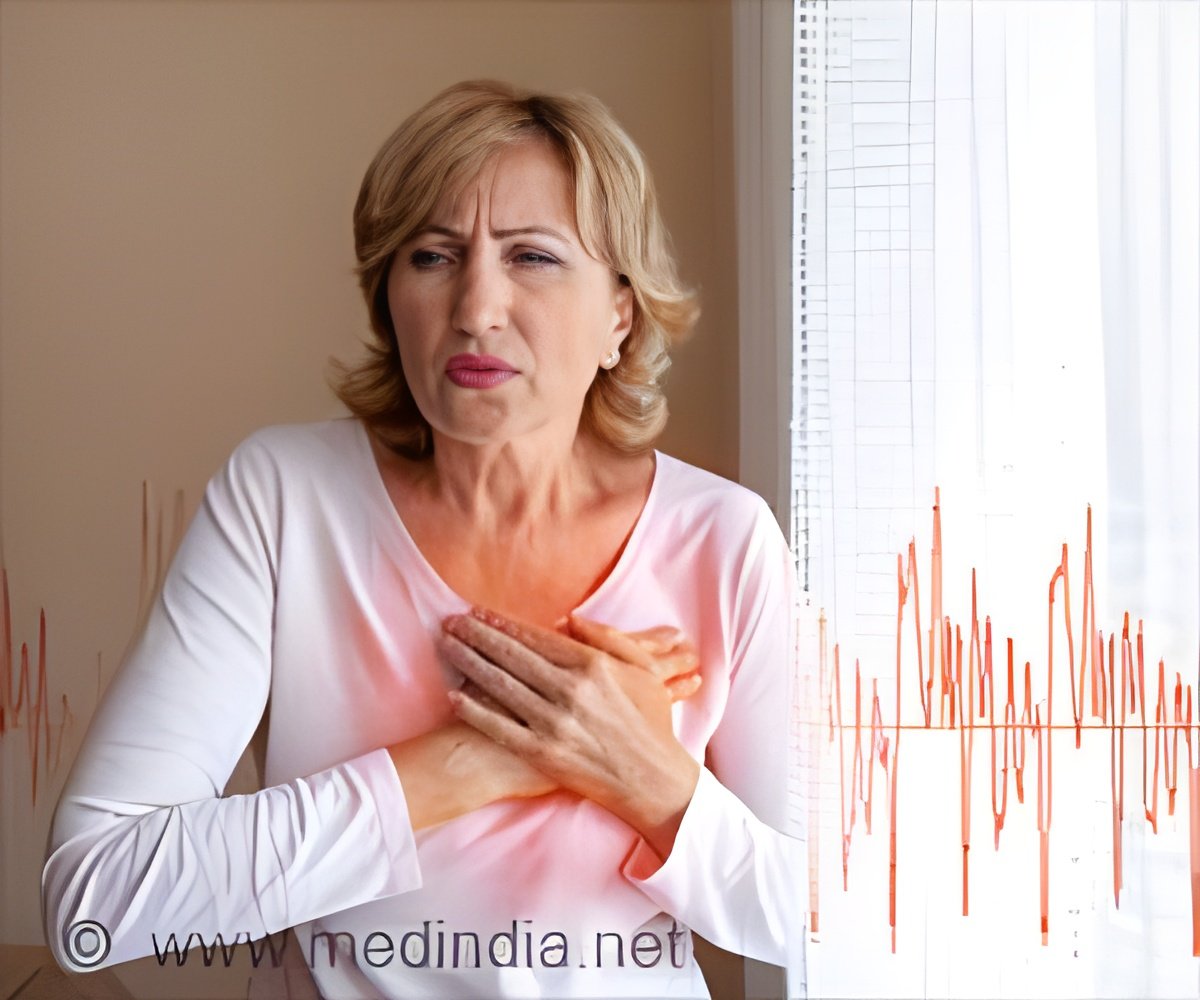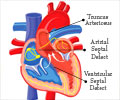Women with diabetes, high cholesterol, blood pressure and a family history should start prevention plan in their 30s and 40s.

‘Women at high risk should have their blood pressure, blood sugar and cholesterol monitored regularly and should stop smoking and have a regular exercise regimen.’





Kurrelmeyer says women need to be frank with their doctors about a family history, especially if a family member died of the disease at a young age. She adds these women should also have their blood pressure, fasting blood glucose and cholesterol monitored regularly, develop an exercise and nutrition plan and stop smoking. By age 50, they should begin to see a cardiologist. “At that time we can begin performing heart scans, assessing their risk based on genetics and take the necessary actions to keep them on the right track,” Kurrelmeyer said. “Women with these risks for heart disease should treat this like they do a mammogram and be checked at least once a year.”
A 2017 survey published in the Journal of the American College of Cardiology found that nearly half of the women in the United States do not know that heart disease is the No. 1 cause of death in women. In addition, more than 70 percent of the women surveyed had at least one heart disease risk factor, but only 16 percent told their doctor about it.
The survey also showed that only 22 percent of primary care physicians felt prepared to assess a woman’s risk for heart disease. Kurrelmeyer says if a doctor is not comfortable, ask to be referred to a cardiologist.
It is important to know that heart problems in women are not as recognizable as they are in men. Some of the symptoms for women include:
Advertisement
• Discomfort, pressure, heaviness or pain in the chest, arm, below the breastbone or in the middle of the back.
Advertisement
• Fullness, indigestion, a tightness in the throat area.
• Rapid or irregular heartbeats.
“We tend to think that heart disease is just a man’s disease, but that is simply not true. The time is now for women to take their heart health seriously,” Kurrelmeyer said. “If a woman can get years ahead of the disease, she gives herself a much better chance of living a long, healthy life.”
Source-Newswise















